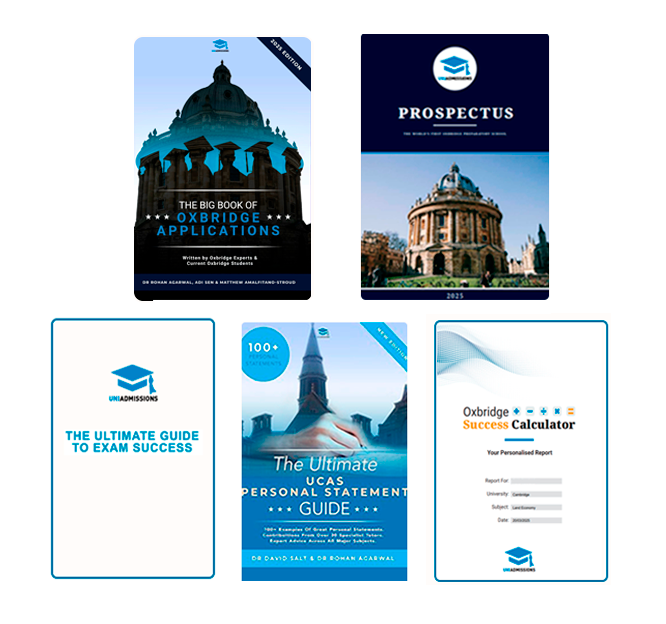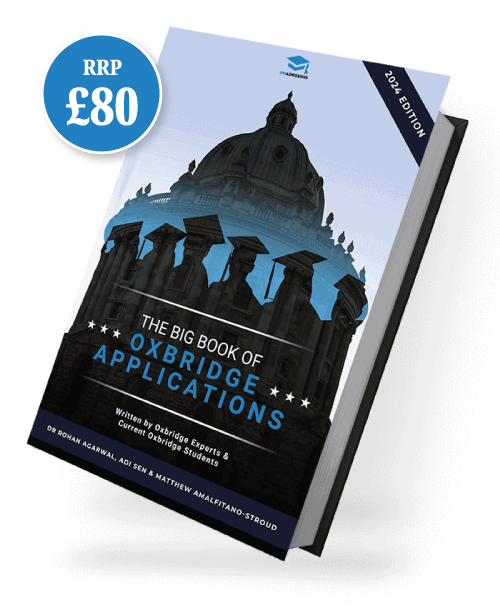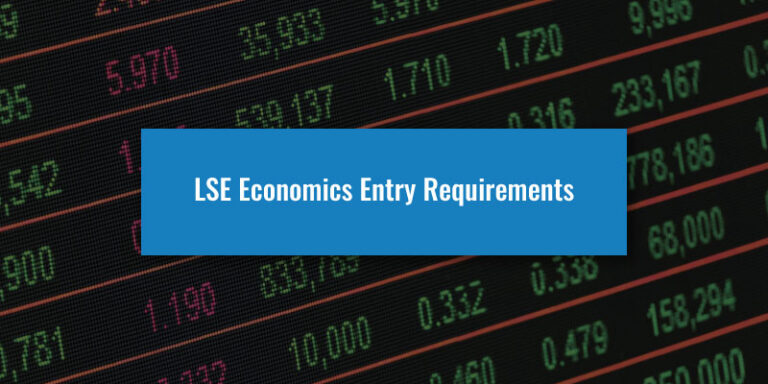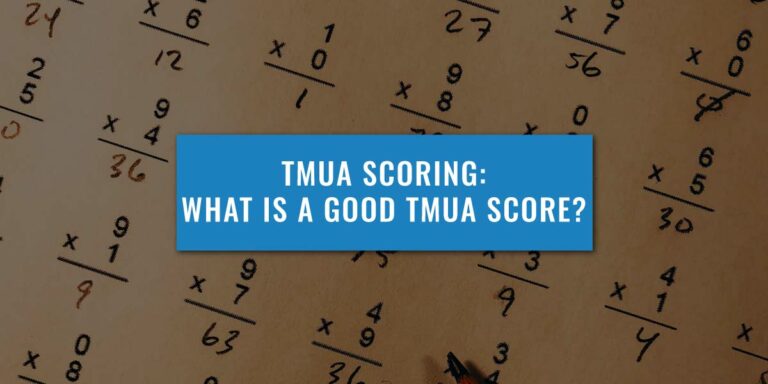Knowing what A-Levels are needed to secure your place is essential for those wishing to apply for Economics at a top university.
In this guide, we will go through the A-Levels to help bolster your chances of securing your dream place.
essential A-Levels For Economics
Not many colleges or sixth forms offer the option to study Economics at A-Level. Therefore, it will unlikely form a part of an offer you receive. You will be looking for strong grades in Mathematics mainly. Subjects such as Statistics and Business will also be helpful in your application.
Entry requirements range from CCC at London Metropolitan University to A*A*A at Cambridge, with universities commonly asking for AAB.
With Economics not a requirement at A-Level, you are not restricting your options if you are undecided on what you wish to study at university.
However, this doesn’t mean you shouldn’t take it if it’s an option at your college or sixth form, as it will allow you to get a taste of what’s coming in the next three years.
Maths is one of the most important subjects for an Economics application, but it is not always a requirement. The University of Birmingham is one such example; you can apply without A-Level Mathematics and should expect to receive an offer of AAA compared with AAB for candidates with Mathematics.
Anyone accepted to the University of Birmingham without A-Level Mathematics will have to take the Introduction to Mathematics for Economics in the first year.
Other typical A-Levels taken by Economics students include Further Mathematics, History and Statistics.
The nature of an Economics degree means you will be covering lots of different subjects and then linking them back to economics. Transferable skills will be learnt as you gain an appreciation of Politics, Law, Finance, Geography, History, and Globalisation.
Our expert tutors are on hand to help you succeed in the TSA or TMUA.
UniAdmissions is the world’s first Oxbridge Preparatory School and offers applicants a unique and comprehensive curriculum that increases their chances of gaining an offer. We help you craft the perfect Personal Statement, achieve a highly competitive Admissions Test score and teach you how to Interview effectively.
Discover our Oxbridge Economics Premium Programme today to learn how you can enrol and triple your chances of success.
Economics A-Level Requirements At Cambridge
Students applying to study Economics at Cambridge will likely receive the highest-grade requirements of A*A*A.
Offers to Cambridge Economics candidates are typically conditional on achieving an A* for A-Level Mathematics.
A-Level Mathematics is a requirement by all colleges. Some colleges have additional requirements to consider, such as Murray Edwards requiring an A* in Mathematics or Further Mathematics and an A* in Economics (if taken).
It is necessary to check any college-specific requirements when choosing your A-Levels so that you know you have a chance of being accepted into your preferred college.
This emphasis on Mathematics reflects that the Cambridge Economics course is rigorous and uses mathematical models to analyse economic problems. It is, therefore, essential that you are proficient in Mathematics.
Considering the mathematical and statistical contents of the Economics course, taking Further Mathematics at A-Level is very useful. You will benefit from choosing Pure Maths and Statistics modules – rather than Mechanics or Decision Maths. In previous years, the most successful Economics applicants studied A-Level Further Maths.
Although A-Level Economics is not required, it is helpful because it familiarises you with some of the basic principles and terminology. If Economics is not offered, you could take Geography or Business Studies, although the latter should only be considered if Economics is not available.
Previous applicants who received an offer usually did at least four A-Level subjects. The ability to cope with a high workload is important since studying at Cambridge is intensive. The Economics course’s broad nature means that the sciences and essay-based subjects such as History are practical as facilitating subjects.
Most colleges have a strong preference for academic subjects. They may not count more vocational subjects (e.g., Accounting) in this respect, with the exception previously mentioned regarding Business Studies, which is only accepted if Economics is not available.
A Freedom of Information request submitted against Cambridge clearly shows the A-Levels applicants studied between 2015 and 2020, the results they achieved, and whether or not they received an offer to study at Cambridge. From this, it is clear to see which subjects are overwhelmingly favoured.
If you doubt whether your combination of A-Levels will be regarded as acceptable. In that case, you can discuss this with the Admissions Tutor or Director of Studies in Economics of your preferred college before applying.
Access "The Oxbridge Application Vault"
- 300+ page ebook for Oxbridge Applicants
- 25 page ebook for Personal Statement
- 2h+ online course to succeed in any exam
- Online Oxbridge Success Calculator
- 12 page ebook about UniAdmissions

Access "The Big Book Of Oxbridge Applications" For FREE
Applying for Economics at Oxford and Cambridge? Discover everything you need to know about the admissions process in The Big Book Of Oxbridge Applications, available for free here! Through over 350 pages, you will find:
- 28 example Oxbridge Personal Statements
- Over 40 admissions test practice questions
- Interviews with Oxbridge students and graduates
- Additional downloadable resources
Fill in your details below to claim your digital copy today!

Economics A-Level Requirements At Oxford
Candidates applying to study Economics at Oxford usually receive an offer of A*AA including A-Level Mathematics at grade A or above.
A Freedom of Information submitted against Oxford provides admissions statistics for 2021 entry or 2022 deferred entry, this data shows the number of A*s applicants had with the majority having 3.
Further to this, Oxford wants you to be able to show an interest in and motivation for studying the organisation of business and the economy.
You also need to demonstrate independence and flexibility of mind, which is in keeping with the kind of jobs you might find yourself in, which can feature a lot of independent working and require motivation and determination to manage your time effectively.
Other key skills that Oxford looks for you to possess include an ability to analyse and solve problems logically and critically – and such a capacity to contrast and critically assess arguments.
As previously mentioned, Economics at A-Level is not a requirement, but if it is an option available to you, it is preferred that you study it over other subjects.
With the Management aspect of the Economics and Management course at Oxford, you, similarly, do not have to have studied Business at A-Level. Business is typically an unfavoured subject by the university, and it is best to avoid it along with General Studies and Critical Thinking.
As mentioned, Mathematics is essential to studying Economics at Oxford; however, unlike at Cambridge, Further Mathematics is not considered a subject requirement. So please do not feel like you must take it or that it will boost your chances of being accepted.
What is more important is taking subjects that will best facilitate the course, such as History or English Literature, to demonstrate essay writing abilities.
Subjects such as Geography and Politics will likely be beneficial for the Management half of the course and should be considered as facilitating subjects
Conclusion
For those wishing to study Economics at university, it is important that you have an aptitude for Mathematics. Although it is possible to be accepted without Maths, your introduction to Economics will be a lot easier if you have studied it.
A-Levels are just one part of the application process that is considered when it comes to Economics. Refer to our guide for a comprehensive view on all things concerning economics entry requirements.
With just 5.5% of Oxford applicants and 10.9% of those who apply to Cambridge being accepted, choosing the right A-Levels and achieving the highest grades in them is of the utmost importance.
Worried about your Oxbridge chances? Our offer success rate is 59%.
Applying to Oxbridge is immensely competitive and it is crucial that you give yourself the best chance of success. UniAdmissions helps you craft the perfect Personal Statement, achieve a highly competitive Admissions Test score and teach you how to Interview effectively – covering all areas of your Oxbridge application.
Discover our Oxbridge Economics Premium Programme today to learn how you can enrol and triple your chances of success.







